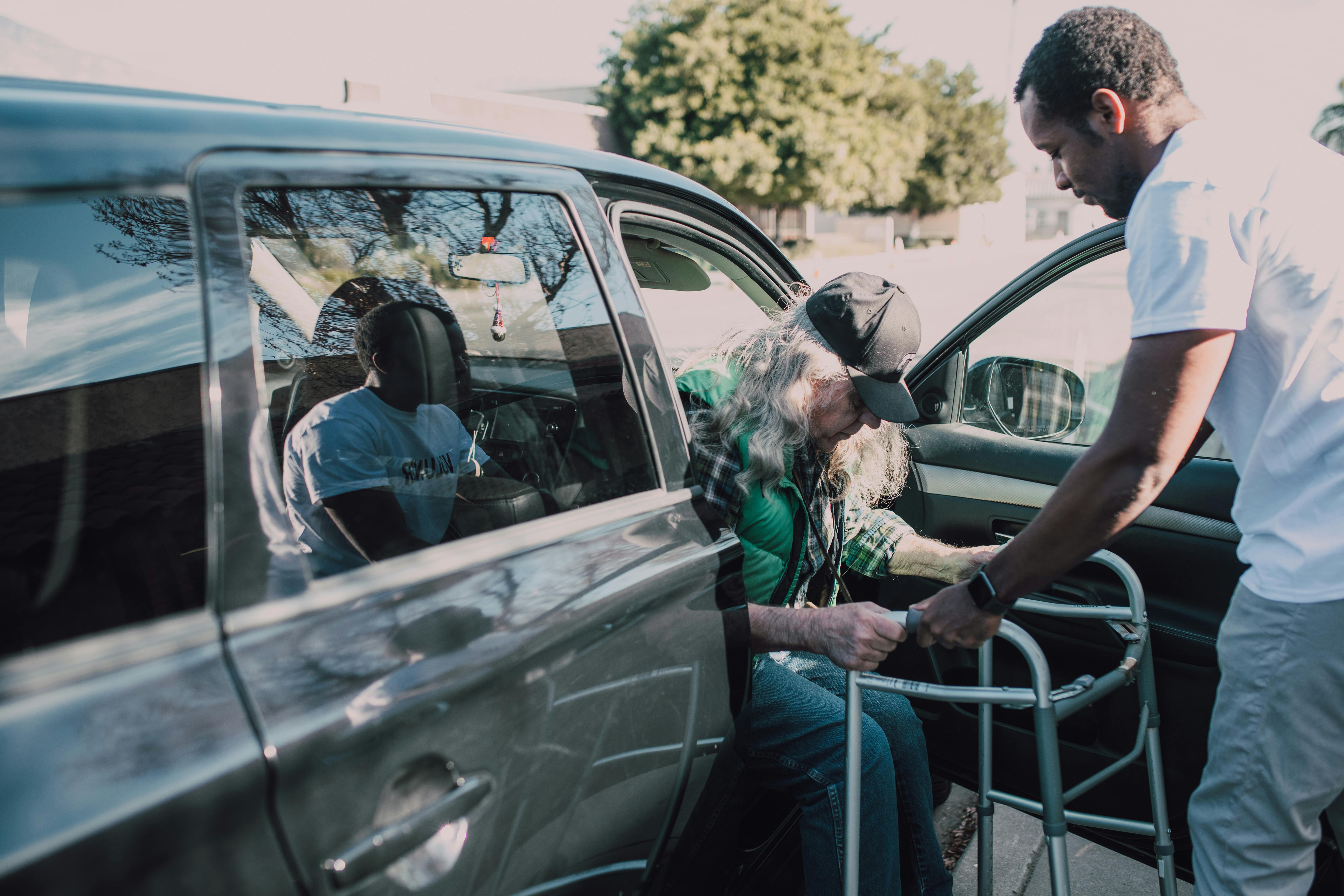Frailty Study using OHS participant data – 1000-word summary

This is a 1000-word summary of the 2024 study published in BMC Geriatrics. It was generated by Microsoft’s AI tool Copilot, then reviewed by the study’s author Dr. Chris Verschoor.
Background
The study looks at how people’s health changes over time and how it affects their chances of getting sick or needing healthcare. It pays special attention to a condition called frailty in adults younger than 60, which hasn’t been studied much before.
What is Frailty?
Frailty is when people become weaker and more likely to get sick as they get older. It can happen to anyone, not just the elderly, and it’s a big reason why some people might die younger or need to go to the hospital more often.
The Study
Researchers looked at the health information of over 161,000 adults in Ontario, for 10 years, with a median follow up of 7.1 years. They wanted to see who died and who had to go to the hospital, and if frailty had anything to do with it. They used a list of 30 health problems to figure out how frail each person was.
Findings
- As people got older, they were more likely to be frail, and women were frailer than men at all ages.
- A small increase in frailty made a big difference. It meant people were more likely to die, go to the hospital, or stay in the hospital longer.
- Frailty was a bigger problem for younger people, especially women, when it came to the risk of dying.
Why It Matters
The study shows that frailty is important for everyone, not just older adults. If we can help people be less frail before they turn 60, it could save a lot of money and make society better.
More Details
- Older people in Canada are going to make up a bigger part of the population, which means we’ll need to spend more on healthcare.
- Living a long life without serious illnesses is the goal, and it’s better to prevent health problems than to cure them.
- Frailty is the opposite of healthy aging and is linked to bad health outcomes.
How They Did the Study
- They used data from the Ontario Health Study and checked it against hospital records.
- People were grouped by things like age, sex, where they lived, and if they smoked or drank alcohol.
- They made a frailty score based on 30 health issues, such as if someone had trouble walking or had a chronic disease.
Results
- They couldn’t get frailty scores for some people, so they ended up studying about 161,000 participants from the Ontario Health Study.
- Frailty was less common in men, married people, those with better education and income, and non-smokers.
- Frailty was more common in older people, those living in Northern Ontario, and white people.
- There were about 7,000 deaths and 270,000 hospital visits during the study.
- Frailty was linked to dying, going to the hospital, and staying in the hospital longer, and this link got weaker with age. This could be because of a ‘survivor effect’ where only the most resilient or best-supported frail older adults were able to participate in the Ontario Health Study, or that adults over 65 tend to have access to government supported preventive health programs.
Discussion
Frailty is a big deal for health at any age and for both men and women. Checking for frailty in regular doctor visits could help avoid health problems later on.
Conclusion
Frailty is a key health issue for all ages and sexes. Doing something about frailty before 60 could have big benefits.
Data
The health data from the Ontario Health Study and hospital records is available for researchers who meet certain requirements.
Source: Copilot, 2024-06-21
- Age- and sex-specific associations of frailty with mortality and …
- Patient-centered outcomes and outcome measurements for people aged 65 …
- Association between obesity, physical activity, and cognitive decline …
- Articles | BMC Geriatrics – BioMed Central
